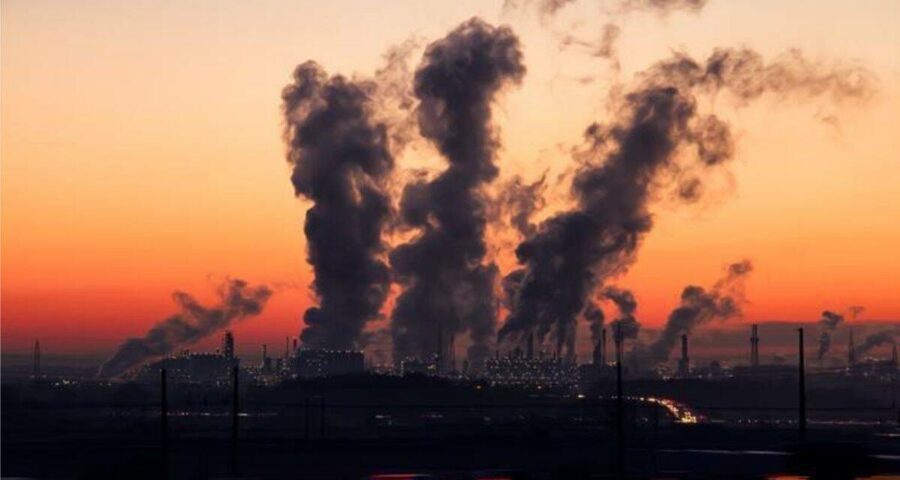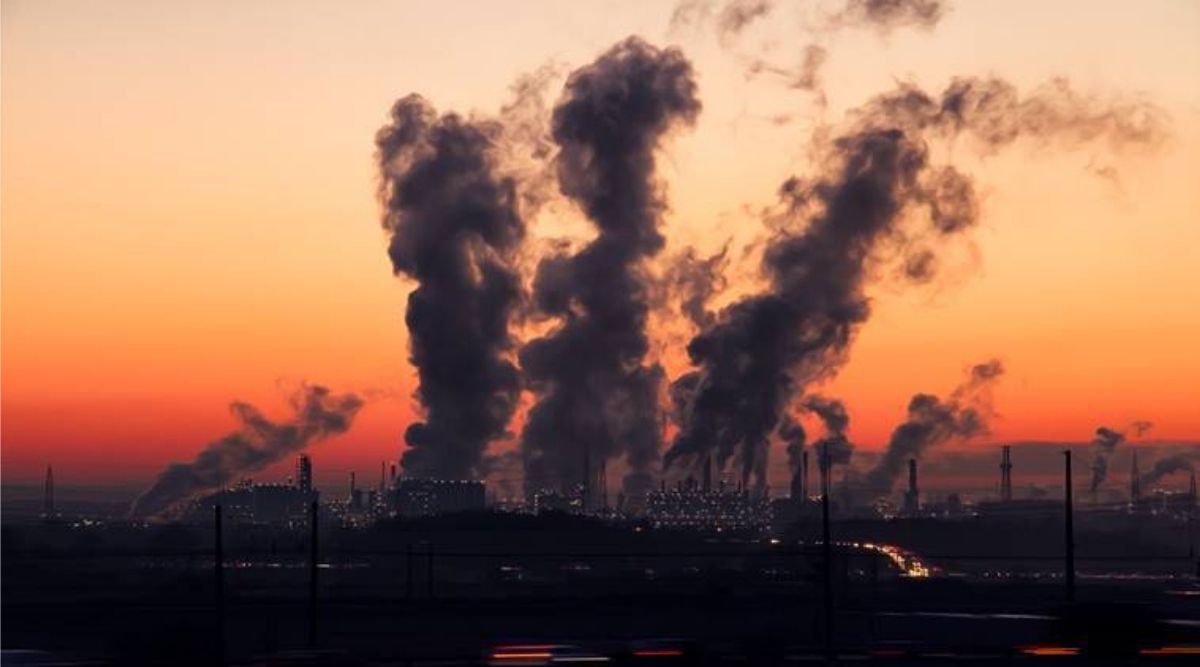The report – released in Geneva on Sunday – comes at a time heads of countries, including Prime Minister Narendra Mod, are in UK’s Glasgow to attend the United Nations’ COP26 summit.
The past seven years are on track to be the warmest on record and global sea level rise has touched a new high since 2013 as oceans continue to become warmer and their waters acidify, the World Meteorological Organization said in a provisional report released on a day that world leaders have convened for a crucial conference on climate change.
The report – released in Geneva on Sunday – comes at a time heads of countries, including Prime Minister Narendra Mod, are in UK’s Glasgow to attend the United Nations’ COP26 summit. Experts say COP26 may be the last frontier for the world to take a call on decisive action to limit global warming.
“The provisional WMO State of the Global Climate 2021 report draws from the latest scientific evidence to show how our planet is changing before our eyes. COP26 must be a turning point for people and planet… Now leaders need to be just as clear in their actions,” United Nations Secretary-General António Guterres said in a video message on Sunday.
According to the report, in 2020 greenhouse gas concentrations reached new highs. Levels of carbon dioxide were 413.2 parts per million, 149 per cent higher than pre-industrial levels. Similarly, methane was 1,889 parts per billion (262 per cent higher) and nitrous oxide at 333.2 ppb (123 per cent higher). The trend has continued into 2021.
The report said the past seven years are likely to be the warmest on record. Global mean temperature in 2021 was already 1.09°C above the 1850-1900 average, it said.
Studying the oceans – a repository of Earth’s heat — too paints a grim picture. “The upper 2000 meters depth of the ocean continued to warm in 2019 reaching a new record high,” the said, adding that ocean waters are becoming more acidic.
Another effect of climate change is the rise in global mean sea levels. It has accelerated from 2.1 mm per year between 1993 and 2002, to 4.4 mm/year between 2013 and 2021 – mostly due to the loss of ice mass from glaciers and ice sheets, the report said. “From Afghanistan to Central America, droughts, flooding and other extreme weather events are hitting those least equipped to recover and adapt,” it warned.
Source: Read Full Article


